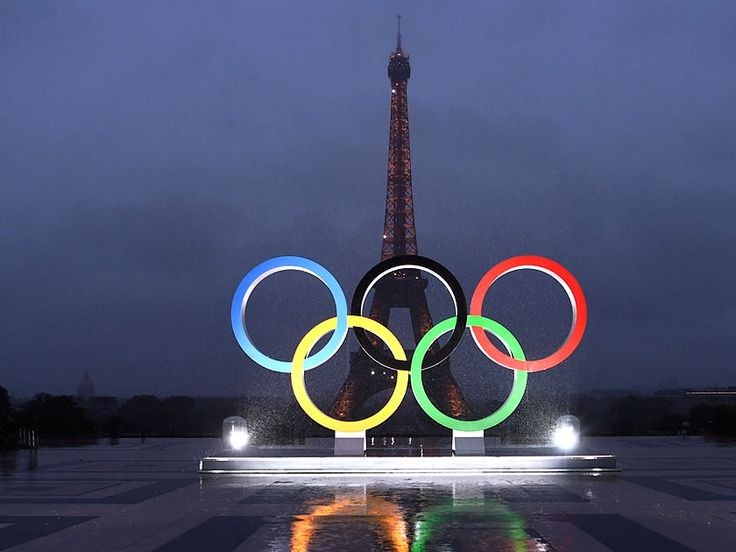The diplomatic Olympic boycott!!
Over China’s dismal human rights record, Australia, New Zealand, the United Kingdom, and Canada have joined the United States (US) in a “diplomatic boycott” of the 2022 Winter Olympics in Beijing, which will begin in February. A diplomatic boycott differs from a boycott of the Olympics in that the countries will compete but will not send any government representatives to the event. For example, despite his government’s objection to China’s actions in Tibet, US President George W. Bush attended the opening ceremony of the 2008 Beijing Olympics, but Joe Biden will not be in Beijing in 2022.
Many countries have condemned China’s treatment of its ethnic Uighur minority, describing it as “genocide.” In recent weeks, there has been growing concern for Chinese tennis player Peng Shuai, who vanished from public view after making sexual assault allegations against a top government official and reappeared to post scripted videos after governments and sporting bodies intervened.

However, it is insufficient. China can dismiss the diplomatic boycott as insignificant. China has little to lose as long as the competitors show up and the games go on. It is unlikely to have an impact on, say, the millions of dollars in sponsorships attracted by the Games. None of the event’s more than 20 big sponsors, including Visa, Coca-Cola, Intel, and P & G, have spoken out against China’s human rights record.
However, even a complete boycott of the games—and the Olympics have seen their fair share of boycotts—rarely accomplishes much. In 1980, in protest of the former Soviet Union’s invasion of Afghanistan, the United States boycotted the Moscow Olympics. As a consequence, the Soviet Union boycotted the 1984 Los Angeles Olympics. On the ground, it had little impact.
Afghanistan was occupied by the Soviet Union until 1988. It’s abundantly clear in hindsight that the decision to not send a team to Moscow had no impact on the global politics of the era and instead only harmed you—American athletes who dedicated themselves to excellence, “the US Olympic and Paralympic Committee’s chief executive said last year in an apology to US athletes for the 1980 boycott. Even with the benefit of hindsight, these are not easy judgments to make. The 1936 Berlin Olympics were not boycotted, and they turned into a great propaganda victory for Nazi Germany. But it was also the birthplace of Jesse Owens, who would go on to become a legend.






